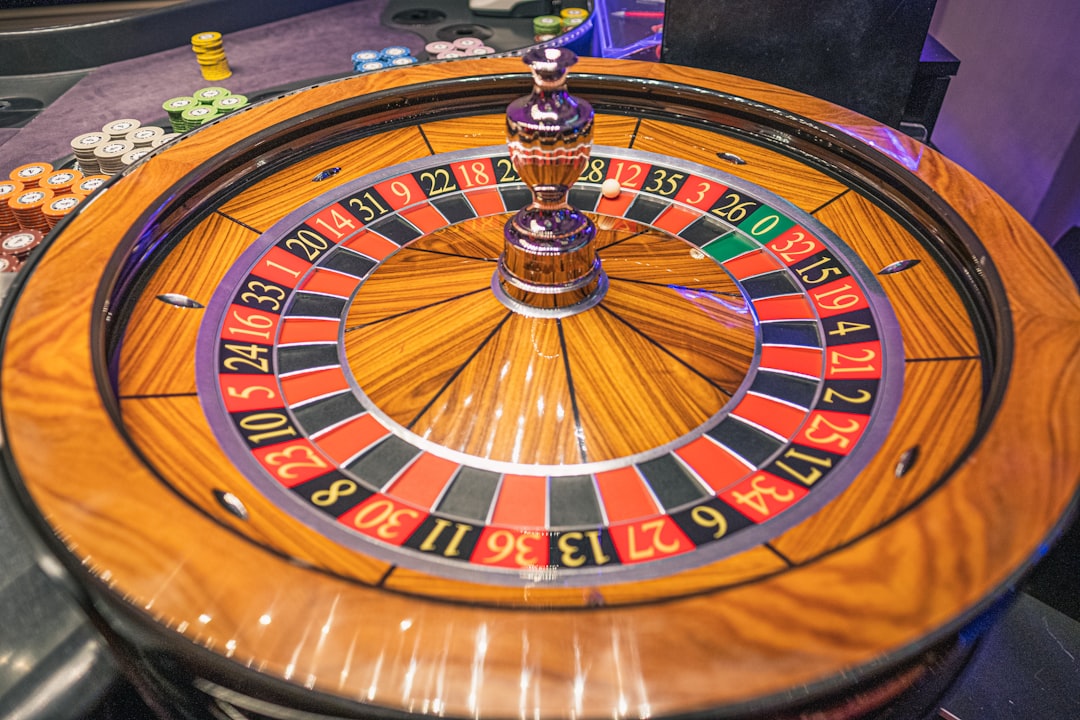Taking a chance in Monte Carlo
In Monaco. Seeing the hill crowded with high rises, as a fog rolls down, it could almost be Hong Kong.
They’re setting up for the Grand Prix next weekend, and many of the track railings are already in place. I was able to stroll past the pit lane, emblazoned with each team’s colours and driver photos.
It’s amazing to think somewhere so small got so rich out of gambling and being a tax haven. Tax havening is a smart move for small nations (and one I can’t believe Scottish independence activists haven’t chosen to push. Being the Caymans of the North Atlantic would be a goldmine).
In Monaco’s case, the gambling came first. They were early adopters, you might say, of a national treasury being heavily boosted by legal gaming. Other places had used lotteries now and again as a way to raise funds, but Monaco turned it into something else. And a key difference then - and with everywhere that came to the idea later - is that Monegasques are not allowed to play. The whole point is to make money from foreigners, not to fleece their own citizens.
Monte Carlo casino’s most emblematic game is the roulette wheel, the game which is so random nobody can have a “system” or a plan. But pick the right number and the returns are huge. Not the slow incremental slog of doing well at Blackjack or Baccarat.
Yet people have won spectacularly playing it, those who famously “broke the bank” were all roulette winners (though in at least one case it was because he spotted a bias in the wheel - he was an engineer - and able to predict likely outcomes).
Since the 1960s, many jurisdictions have jumped on the bandwagon of some kind of state lottery, spotting that it’s a good way to make cash. But all these lotteries - however they spin the “good works” done with the money raised - are making money off those least able to afford it; indeed, from those probably least hit by the income and property taxes that are also charged. People with the lowest incomes buy the most tickets. Lotteries themselves have grown larger and larger, including the big cross-border competitions (such as Powerball and Euromillions), where the jackpots get insanely high. Seeing that long row of zeros flashing in the digital display at the convenience store is a siren song to the lottery fan.
I don’t play lotteries often, but I do place bets on other things. I made some money from Rafael Nadal winning the Australian Open, and I’ve got a small amount riding on Charles Leclerc to win this year’s Formula One Championship.
I never win that much, because I don’t risk much. But I enjoy the excitement of betting, and have done ever since I was a kid. I’ve been placing bets on horses since before it was legal for me to do so (alas, I didn’t pick Rich Strike in the Kentucky Derby. My pick, Mo Donegal, finished 5th).
I think by gambling I’m a bit of an outlier among academics. When I started at a previous job, I commented to a colleague on the convenient proximity to the race track (we were so close I could hear the first call bugle from my office). She looked at me in some combination of confusion and horror. I never mentioned it again.
But I’m going to play something this afternoon, and take my chances.



